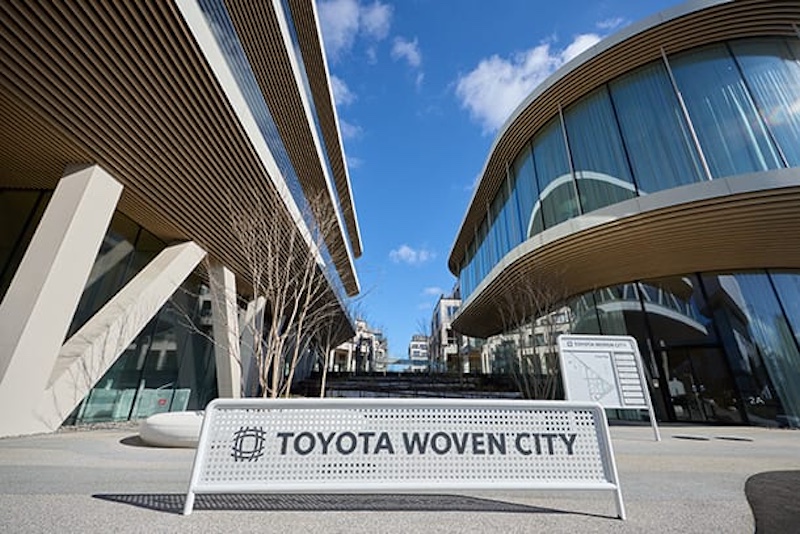Toyota Motor Corporation says it plans to acquire land in the Teihoucho area of Toyota City, Aichi Prefecture, Japan, to establish a new vehicle manufacturing plant.
Operations at the new plant are planned to start in the early 2030s, with production models to be determined in the future.
The establishment of the plant will proceed with the cooperation of all stakeholders, including Aichi Prefecture, Toyota City, and local residents.
In addition to maintaining production capacity of 3 million vehicles in Japan, Toyota is also working on creating a “plant of the future” that uses cutting-edge technology and provides an environment where a diverse workforce can thrive.
Toyota operates a wide network of manufacturing sites across Japan. Its historic headquarters and major plants are concentrated in Aichi Prefecture, including the Tsutsumi Plant, which produces hybrid models such as the Prius, and the Motomachi Plant, known for high-profile vehicles including the Crown and Lexus models.
The Tahara Plant, also in Aichi, has become a flagship site for advanced quality-control systems and is dedicated largely to Lexus production.
The company’s Honsha Plant, often described as Toyota’s “mother plant,” serves as both a production facility and a center for developing new manufacturing techniques that are later rolled out across other sites.
Toyota also operates facilities in other parts of Japan, including the Miyata Plant in Fukuoka, which produces Lexus and Harrier models, and the Takaoka Plant, one of the earliest large-scale Toyota factories, producing high-volume models for global markets.
Collectively, these facilities give Toyota the ability to produce a wide range of vehicles domestically, from compact hybrids to premium luxury sedans, while also functioning as training and innovation hubs for the company’s renowned production system.
Globally, Toyota has expanded its manufacturing network to meet local demand and reduce logistics costs.
In North America, the company operates major vehicle plants in Kentucky, Texas, Mississippi, and Canada, producing everything from the Camry and Corolla to pickup trucks such as the Tundra.
In Europe, Toyota has facilities in the United Kingdom, France, Turkey, and elsewhere, supplying popular models tailored to regional preferences.
Toyota also maintains significant production capacity in Asia outside Japan, including plants in Thailand, Indonesia, China, and India, which serve both domestic markets and export demand.
In Latin America, factories in Brazil and Argentina are key to regional operations, while in Africa, Toyota South Africa Motors produces Hilux pickups and other models for local and export markets.
Toyota, widely regarded as one of the world’s largest automotive manufacturers by unit sales, continues to balance its domestic manufacturing presence with an increasingly global footprint.
The new factory planned in Aichi Prefecture reflects both its commitment to Japan as a production base and its long-term strategy of integrating advanced technology into its operations worldwide.



AloJapan.com